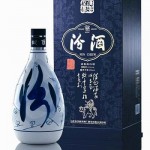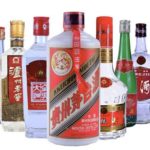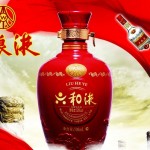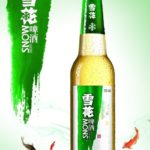Markert report: Alcoholic beverages in southwest China
Trends
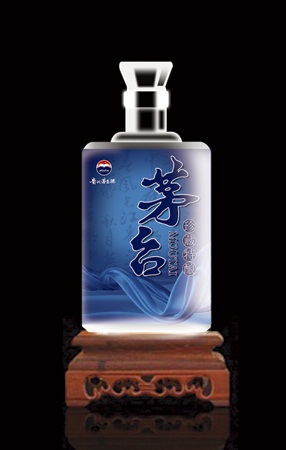 In southwest China, Baijiu(白酒) has been a tradition for a long time. Many famous Baijiu brands originate here, for example, Maotai(茅台) and Wuliangye(五粮液). In 2011, the sales prices of high-end Bajiu significantly increased, even though the government had taken measures to control prices. This has led to an increase consumption of standard spirits and grape wines by southwest Chinese consumers as substitutes for Baijiu.
In southwest China, Baijiu(白酒) has been a tradition for a long time. Many famous Baijiu brands originate here, for example, Maotai(茅台) and Wuliangye(五粮液). In 2011, the sales prices of high-end Bajiu significantly increased, even though the government had taken measures to control prices. This has led to an increase consumption of standard spirits and grape wines by southwest Chinese consumers as substitutes for Baijiu.
Southwest China consists of the Sichuan(四川), Chongqing(重庆), Guizhou(贵州) and Yunnan(云南) provinces. Due to climate reasons, many people like to eat spicy foods and hotpot dishes. Beer is considered the best drink while eating these foods, thus the beer consumption in cities in southwest China is high. In less developed rural areas, people can only afford to buy low end spirits because of budget constraints. Many people in the area look to these low end spirits to deal with the region’s damp climate.
Rice wine and grape wines, which are a common drink of choice in almost all other parts in China, are not popular in southwest China. These wines are both mild and soft, and do not suit the local taste. However, the younger generation is increasingly influenced by western culture and are more accepting of these soft wines than previous generations.
Since people in southwest China live a relatively more leisurely life compared to other Chinese citizens, they tend to dine out more frequently. Thus, the on-trade sale of alcohol is very common in the region. Also, many middle- and older-aged people like to have a drink every day, facilitating the development of off-trade sale of alcoholic beverages.
In big cities like Chengdu(成都) and Chongqing(重庆), the sales of wines in supermarkets is widespread and famous brands can be easily found, but in suburban and rural areas, independent stores tend to sell the majority of the alcohol to consumers.
Prospects
It is predicted that the prices of high-end baijiu such as Maotai and Wuliangye will continue to rise in the near-future. In 2011, the sales volume was not really affected by the rise in prices. Since baijiu are used mostly for banquets, its demand has remained relatively inelastic.
Anheuser-Busch InBev is considering increasing its investment in Sichuan beer market. While the beer consumption levels in Sichuan is high, local brands have paid little attention to their brand image and still remain unpopular among many consumers. Anheuser-Busch began construction of a new facility in 2011. Once the facility is complete, Budweiser’s products are going to be more prevalent in Sichuan, and its market position will rise.
Although foreign wines have been widely accepted by many regions in China, consumers in southwest China are more reluctant to make a change in their drinking habits. As a result, growth in the popularity of wine in southwest China might be the slowest in the country..
Daxue Consultant China
Sources:
Credit Photo: Nipic



